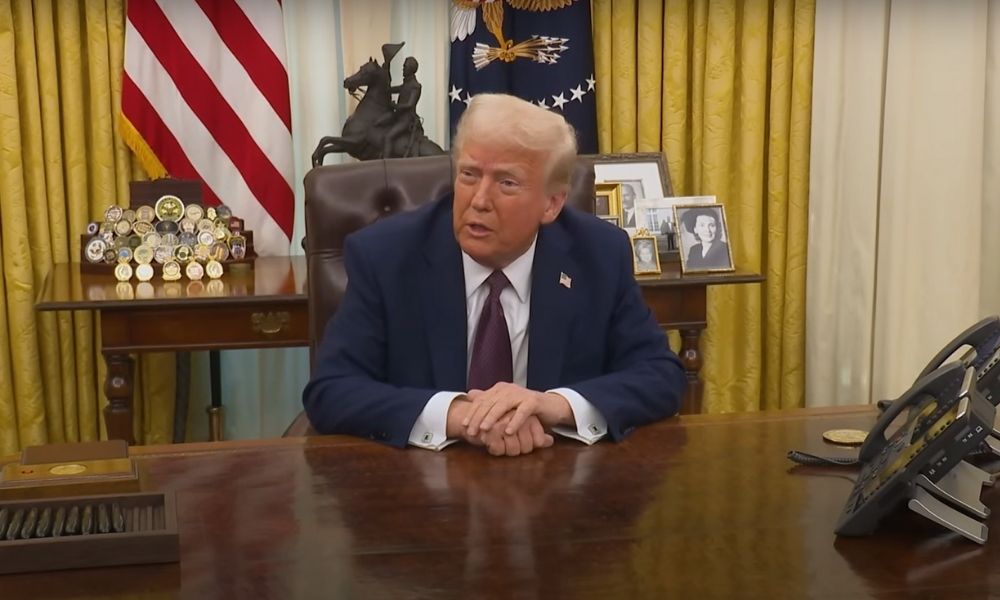WASHINGTON: President Donald Trump’s administration has submitted emergency appeals to the Supreme Court regarding birthright citizenship. The appeals request approval to proceed with ending the policy, which lower courts have repeatedly blocked. Trump’s legal team argues that previous court rulings have unfairly imposed nationwide injunctions. They seek to limit these rulings and allow enforcement of the executive order. The policy remains controversial, as courts have historically upheld birthright citizenship.
Court Decisions
Several appeals courts have dismissed Trump’s attempt to suspend rulings that blocked his executive order. The order, signed on the first day of his second term, faces strong legal opposition. The Justice Department claims that universal injunctions have increased significantly under Trump’s presidency. They argue that these rulings prevent a legally signed executive order from taking effect. The Supreme Court is now reviewing these emergency appeals.
Constitutional Debate
For over 150 years, courts have upheld the 14th Amendment’s guarantee of citizenship to those born in the U.S. regardless of parental immigration status. A Supreme Court ruling from 1898 reinforced this legal interpretation. The current Supreme Court has shown no clear intention to reconsider this precedent. Some conservative legal experts dispute this long-standing interpretation. They argue that the phrase “subject to the jurisdiction” limits automatic citizenship.
Differing Views
Supporters of Trump’s policy believe that undocumented immigrants remain under the jurisdiction of their home countries. They claim that this legal interpretation supports ending automatic citizenship. Opponents argue that this contradicts existing constitutional law and legal precedents. Immigration and civil rights groups strongly oppose the proposed change. The Supreme Court’s decision could have a significant impact on immigration policies.
Next Steps
Legal experts predict that the Supreme Court may take time before issuing a final ruling. If approved, the policy would reshape citizenship laws in the U.S. Opponents believe it would create legal uncertainty for many American-born individuals. The issue remains a key debate in Trump’s administration and legal battles. The outcome could influence future immigration policies and court interpretations.












